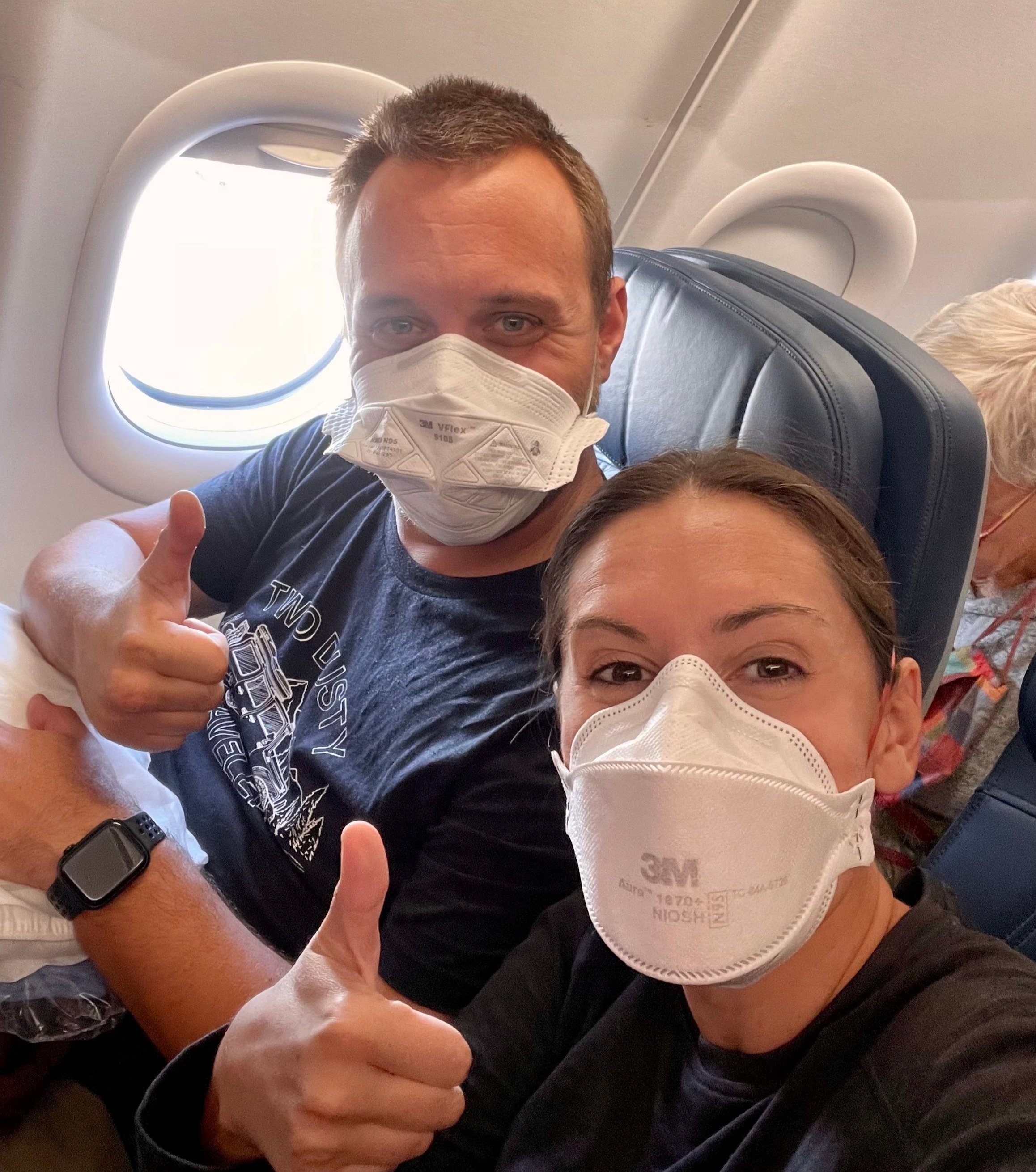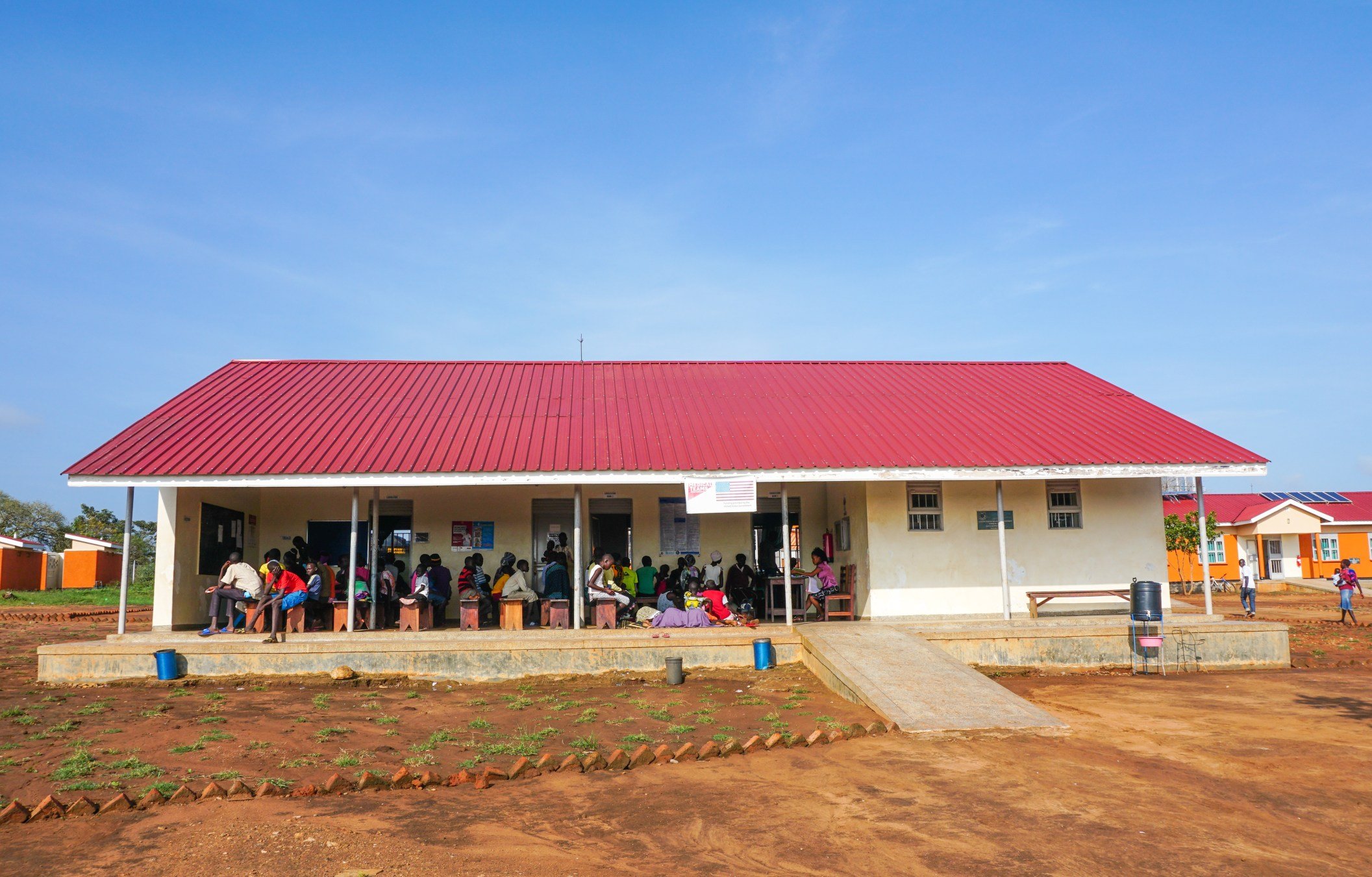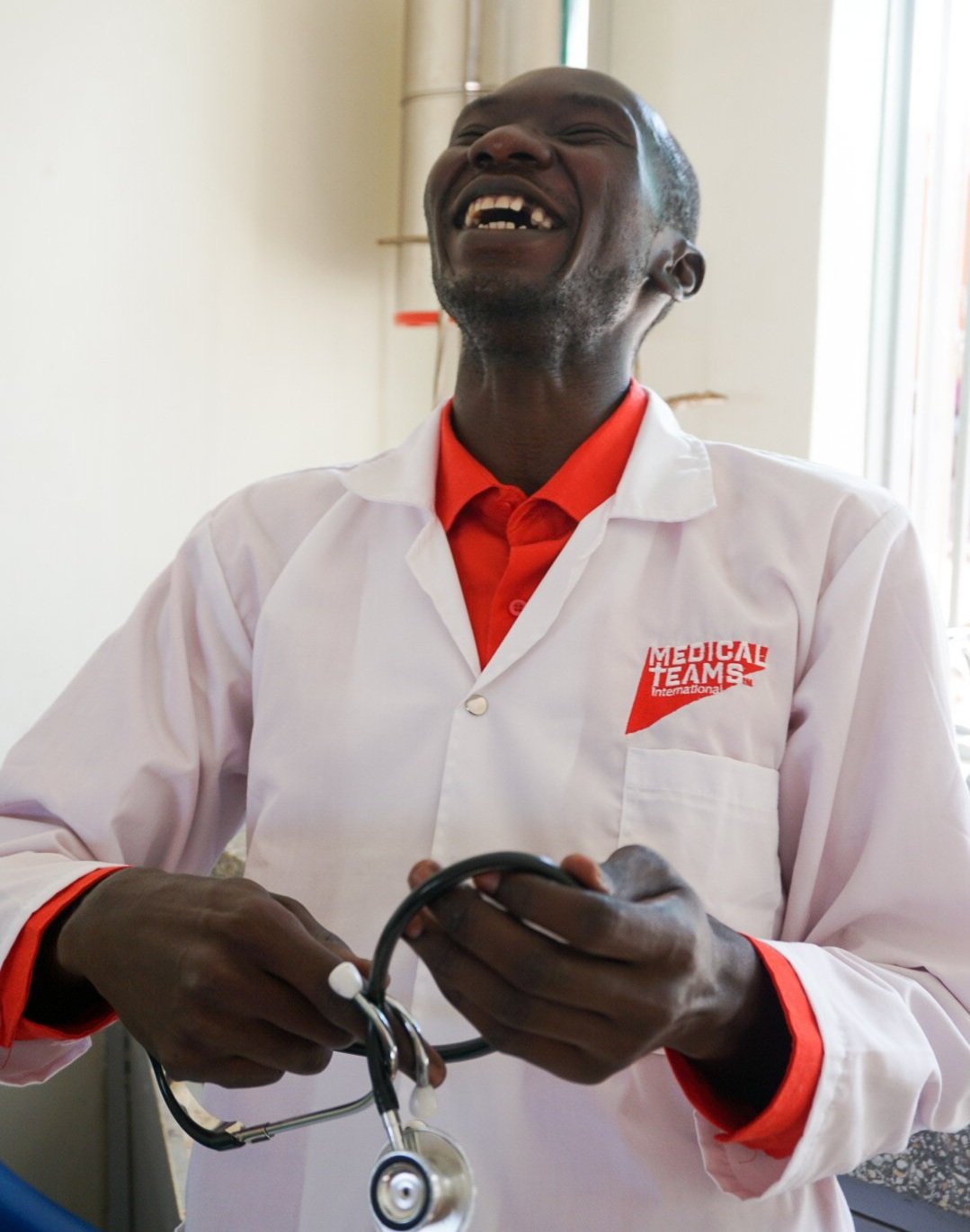Volunteering with Medical Teams International in Uganda
This weekend, I leave for a month in Uganda.
As a Registered Nurse, I’m lucky to be able to travel often to lend a hand in parts of the world where medical care is sorely needed. In my seven years as a nurse, I’ve volunteered all over the world, from working with search and rescue teams after the earthquake in Nepal to treating Ebola patients during the outbreak in West Africa. Uganda will be my tenth global health trip and I can’t wait to get going!
Before we get much further, a quick word on medical “missions”: I sometimes use that terminology because “mission” has become shorthand for humanitarian medical service in developing countries, but the religious connotations of the word trouble me. Though I have volunteered with faith-based organizations, I always like to be clear that the work I do is NOT religious in nature. I’ve served alongside many amazing people whose religion motivates them to do this work, but I don’t participate in missions in which evangelizing is the goal. And, as a staunch advocate for women’s health and reproductive rights, I’m cautious of any organizations in which religious beliefs prevent people from accessing their basic medical needs. (Have a read about the Global Gag Rule if you want a perfectly infuriating example of this.)
That said, let’s get back to my upcoming assignment! I will be volunteering in Northern Uganda with Medical Teams International, serving refugees fleeing from South Sudan. Since South Sudan became the world’s newest independent nation in 2011, civil war has continued to wreak havoc on its citizens. A failed coup attempt in 2013 sparked violence between the government (led by the Dinka tribe) and the opposition (led by the Nuer tribe), causing refugees to flee across the southern border into Uganda. The crisis has continued ever since, spiking in 2016 after a peace agreement fell apart and escalating violence forced millions of South Sudanese from their homes. Early this year, famine was also declared in South Sudan, intensifying the emergency even further.
Two million people have fled South Sudan since 2013. More than half of them have found refuge in Uganda. This August alone, nearly 12,000 refugees arrived in Uganda – 86% of them women and children. Here are a few examples of what these people have gone through, excerpted from an excellent article by The Guardian:
“Zubeida Flores describes how she hid under a bed as her father was shot dead by government troops outside her home during a night raid on her village in Equatoria province in February. The 14-year-old fled into the bush and eventually reached safety in the camps in Uganda.”
“Etaku returned from school with her best friend in March to find their village devastated by an unidentified armed group. Corpses littered the ground, and there was no sign of their parents. She gathered three younger siblings who had fled terrified into the bush, and followed neighbours. A month later, they reached the Democratic Republic of the Congo. Etaku decided she and her charges would be better off in Uganda and brought them, after more long days walking, to Imvepi.”
“At the reception centre in Imvepi, 30 miles from the border, officials have logged 1,400 children who have arrived unaccompanied, and 5,400 separated from their families. They include a 14-year-old who had led five younger children across war-torn forest and fields for weeks, a seven-year-old who made it entirely alone, and an abandoned three-year-old who has yet to be identified because he cannot describe his family.”
Thanks to Uganda’s generous refugee policies, these victims are able to rebuild some semblance of life there. Each family is granted a 50 square meter block of land on which to live and farm. The Prime Minister of Uganda has stated that, “We treat refugees humanely and with dignity, because we know that no one chooses to be a refugee. People are forced to leave their countries, homes and families because of unbearable conditions. We know that today it is them, tomorrow, it could be anyone of us.” I only wish America would take such a rational stance on refugees.
Medical Teams International has taken a leading role in providing healthcare to refugees in Uganda, working under the United Nations High Commissioner for Refugees (UNHCR). With so many people living close together in basic conditions, it’s a constant challenge for aid agencies to keep up with the need. Water and sanitation are a serious issue in refugee camps; a breakdown in these services can spark outbreaks that could rampage through the camp. The majority of deaths are caused by infections (including measles, diarrhea, malaria and respiratory infections), with every health issue exacerbated by acute malnutrition among young children.
So what will I being doing on the ground in Uganda? It’s hard to say exactly until I get there. As a labor and delivery nurse, I always hope that I’ll get to work with pregnant women – and in a setting where refugees have been fleeing their homes for years with no hope of return in sight, certainly families are growing in these camps. But I’ll be happy to lend a hand in whatever way I can be most useful to reach MTI’s goals, which are to:
• Provide essential services focused on communicable disease diagnosis and case management
• Provide essential child health services through the management of newborn and child illness
• Provide access to priority reproductive health services.
• Establish a disease surveillance system for outbreak detection and response
• Prevent the spread of communicable disease through essential health services
As an outsider to this conflict and this culture, I’m also eager to gain more insight from locals on the ground as to how we can help. I can’t wait to meet the Ugandan nurses I’ll be working with. As a foreign volunteer, people often assume that I’m going to “save” Africa or that I’m inherently more knowledgeable than the local staff, but that’s not the case at all; I always learn so much from the local nurses I work alongside, and I only hope I can give back just as much.
I’m hoping to have enough internet service in Northern Uganda to share photos and stories of what I’m up to, so keep your fingers crossed for reliable wifi! In the meantime, the other half of Two Dusty Travelers will be at home working, taking care of our pup, and outfitting our new (used) Subaru Forester to be our home for an epic road trip next summer. And no, he doesn’t mind being left behind (In fact I just wrote a post about why married people should still travel solo sometimes!)
Big thanks to everyone who has wished me luck on this adventure! Stay tuned for updates once I hit the ground, wifi permitting of course!
For more background on this issue, check out these compelling photo stories from The Guardian:
Running with the Rebels in South Sudan – in Pictures
‘The Refugees are Like Our Brothers’: Uganda’s Example to the World – In Pictures
You Might Also Like:
This post may contain affiliate links. If you make a purchase through our links, we get a small commission at no cost to you. This helps with the cost of keeping this site running – so thank you for clicking through! Don’t worry, we won’t recommend anything we don’t fully believe in.













